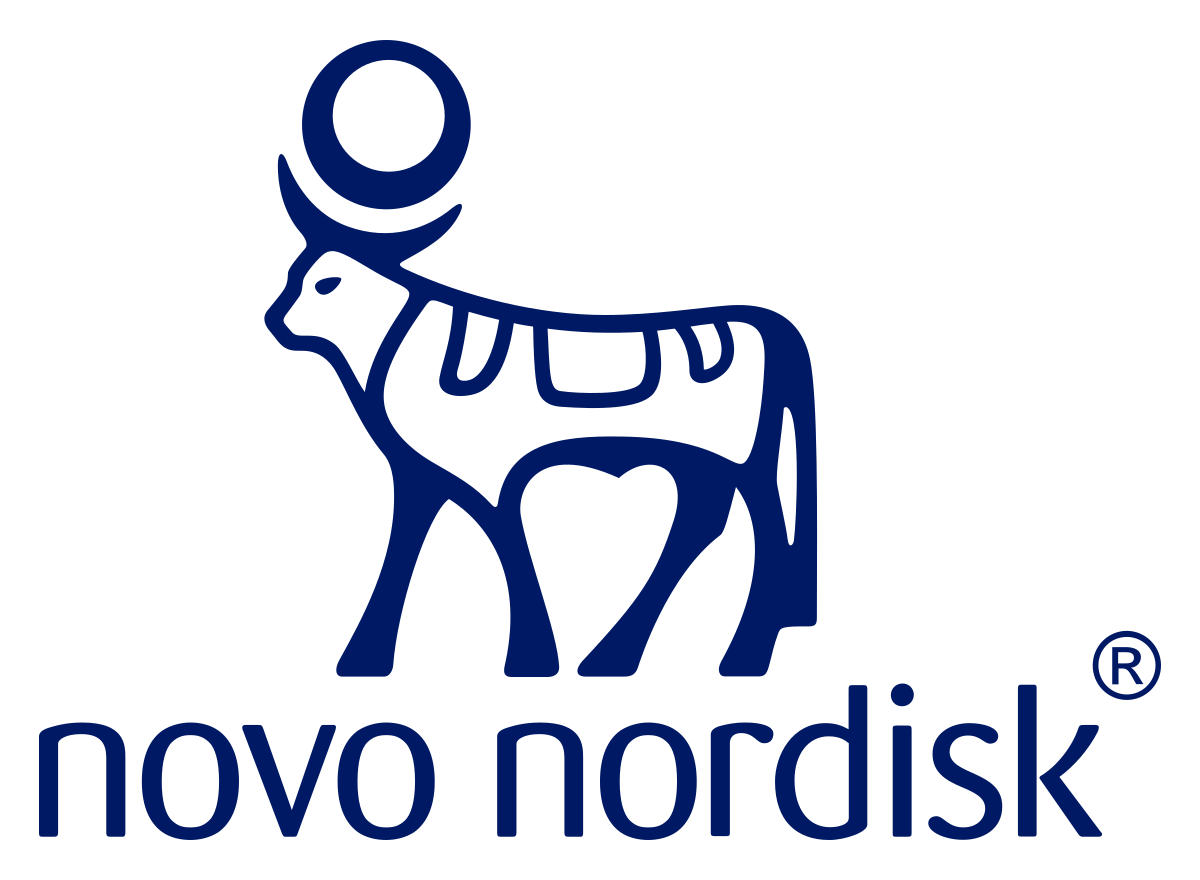每周资讯
WEEKLY REPORT
WEEKLY REPORT
12/05
2025
News
01
人形机器人门诊“上岗”!一家地市级三甲医院的AI落地样本|AI重塑医疗
财联社
紧随马年春晚的机器人热潮,正月初八,常州市第一人民医院(下称“常州一院”)门诊大厅内,两个人形机器人“智能导诊员”——“真真”和“儒儒”正式上岗。它们不仅具备预检分诊、信息查询等功能,还能与患者握手互动,让就医更高效、更有温度。
据了解,这是此类人形机器人在我国医院场景的全新落地应用。机器人背后搭载的是该院的“数字人”智能系统,该系统集成了预检分诊、信息查询、适老服务、娱乐互动等多重功能,已累计提供超过8.4万人次的交互服务。
在常州一院,类似的前沿技术探索已非孤例。早在2024年,医院便开通了江苏省内首条5G-A低空医疗航线。更深度的融合体现在人工智能的日常渗透中:目前全院约43%-45%的门诊电子病历由AI辅助生成,AI辅助病理科将诊断效率提升约30%,并已形成覆盖多环节的八大AI应用场景……
在国家大力倡导“人工智能+医疗卫生”应用发展的当下,AI医疗已成为资本市场反复提及的关键词,而常州一院的实践,则提供了一种更具现实意义的样本——这家地市级三甲医院,面对高负荷门诊压力与精细化管理需求,逐步将AI嵌入诊疗和管理流程,并尝试对外输出经验。该系统在效率、规范和组织运行层面完成了一次系统性重构,为人工智能在严肃医疗领域的深化应用提供了可借鉴的实践经验。
02
机构密集调研 脑机接口赛道升温
新浪财经
Wind数据显示,截至2月26日记者发稿时,今年以来共有80家医药生物行业上市公司接受机构调研。值得关注的是,翔宇医疗、爱朋医疗、美好医疗等脑机接口概念股吸引多家机构调研,脑机接口产品研发进展、商业化情况、未来发展规划等成为机构关注的焦点。与此同时,创新药出海热度不减,多家药企亦获机构关注。
业内人士表示,AI大科技浪潮下,医药行业有望释放新的成长逻辑,继续看好以创新为主的医药科技主线,重点关注脑机接口、AI医疗、创新药出海等。
脑机接口概念股备受青睐。Wind数据显示,截至2月26日记者发稿时,今年以来接受机构调研频次前十的医药生物公司中,翔宇医疗获机构关注度最高,累计接受机构调研208家次;爱朋医疗、美好医疗分居第二、第三位,接受机构调研频次分别为177家次、125家次;博拓生物、欧林生物、泰恩康等紧随其后,接受机构调研均在90家次以上。
值得一提的是,机构频频调研脑机接口概念股。“脑机接口是‘十五五’期间未来产业之一,各地出台相关产业政策,地方政府支持导向明确,推动医院加速临床落地。”翔宇医疗在1月14日披露的投资者关系活动记录表中表示,公司依托成熟的康复装备矩阵,叠加脑机接口技术实现快速升级,核心是打通软件连接,将被动康复设备转化为大脑深度参与的主动康复设备,升级周期较短。公司预计2026年6月底前,27种核心产品将完成多模态多范式升级。预计2026年底前,将推出近100种脑机接口产品,其中50种以上覆盖多模态、多范式。
03
强生兆珂速——达雷妥尤单抗注射液(皮下注射)四药联合方案在华获批 用于适合自体干细胞移植的新诊断多发性骨髓瘤患
新华网
强生公司2月6日宣布,旗下创新治疗药物兆珂速——达雷妥尤单抗注射液(皮下注射)正式获得国家药品监督管理局批准拓展适应症,与硼替佐米、来那度胺和地塞米松联合用药治疗适合自体干细胞移植的新诊断多发性骨髓瘤成年患者。这意味着患者在新诊断阶段即有机会接受基于达雷妥尤单抗皮下注射制剂的四药联合方案,获得一项显著改善预后的全新治疗选择。
此次获批是基于III期PERSEUS研究结果。该研究在适合自体干细胞移植的新诊断多发性骨髓瘤患者中,对比评估了以下两种治疗方案:以达雷妥尤单抗皮下注射制剂为基础的四药联合方案(DVRd)用于诱导及巩固治疗、随后采用达雷妥尤单抗皮下注射制剂联合来那度胺进行维持治疗;采用硼替佐米、来那度胺及地塞米松(VRd)进行诱导和巩固治疗、随后以来那度胺进行维持治疗。
04
跨国药企在华投资合作迈向深度融合
新浪财经
近日,阿斯利康宣布,计划于2030年前在中国投资逾1000亿元人民币,以扩大在药品生产与研发领域的布局。阿斯利康全球首席执行官苏博科表示,中国已成为科学创新、先进制造和全球公共卫生领域的重要力量。
当前,我国药品监管体系加速与国际接轨,创新生态日趋完善,医疗需求持续释放,行业整体迈入高质量发展阶段。在此背景下,跨国药企在华发展战略实现根本性转变,从早期的“产品输入+本地销售”,逐步转向“深度本土化+全球协同”新范式。这一转变既重构了跨国药企在华发展的定位,也更新了中外医药产业的合作逻辑,推动双方在创新、产业、市场层面的融合走向纵深。
05
减重药公司股价大涨,跨国巨头纷纷入局中国减重药资产
第一财经
2月25日亚太股市开盘后,联邦制药(3933.HK)股价一路上涨,下午股价一度飙涨超过7%。前一日,联邦制药公布了新一代三重靶点减重药UBT251中国的一项中期临床试验数据,该注射液每周给药一次,在连续给药24周后,试验药组平均减重达19.7%,安慰剂组仅为2%。一位未参与临床试验的内分泌专家对第一财经记者表示,这一试验结果“非常不错”,展示了中国研发的新一代减重药的潜力。
值得关注的是,去年3月,诺和诺德与联邦制药就UBT251达成了授权协议,首付款2亿美元,潜在交易总额高达20亿美元。UBT251是一款在研的针对GLP-1/GIP/GCG三重靶点的新一代减重药,有望较目前礼来的双靶点GLP-1减重药获得更好的减重效果。这一积极的临床数据也为急需利好消息提振的诺和诺德带来希望。该公司在本周公布的另一项头对头对比礼来替尔泊肽减重药的临床试验中失利,导致股价暴跌。
诺和诺德称,最近启动了一项全球试验,针对约330名超重或肥胖患者使用不同剂量的UBT251,持续给药28周,预计临床试验结果将于2027年公布,该公司还计划启动一项针对2型糖尿病患者的临床试验。
联系我们
Cookie Xie 谢女士
T:021 6095 7179
M:178 7955 8462(微信同号)
E:cookie.xie@shine-consultant.com
会议咨询
媒体合作
商务合作
SHINE CONSULTANT
上海士研管理咨询有限公司成立于2005年,致力于为组织领导者提供沟通交流与专家智库平台。通过二十年沉淀与积累,覆盖了金融与投资、交通与运输、消费与文旅、医药与医疗、能源与资源、高科与电信、公用与政府等产业领域,服务着全球500强和万余家领导型企业,汇聚了百万余名机构决策者,并与千余家产业权威机构建立了战略伙伴关系。士研咨询秉承专业立身的理念发展队伍,现拥有百余名专业的资深人员,核心管理团队都具有十五年以上的专业经验。








